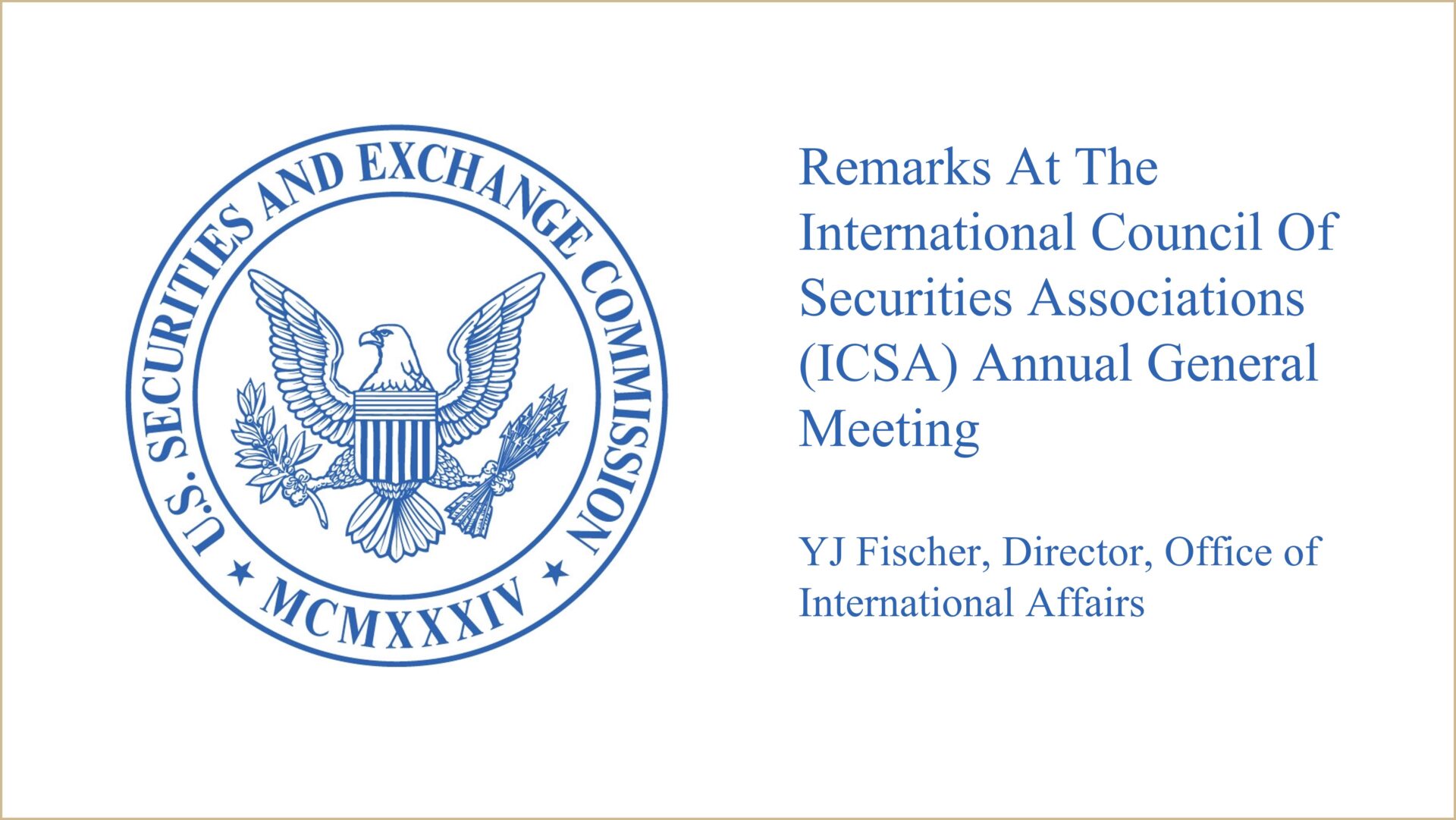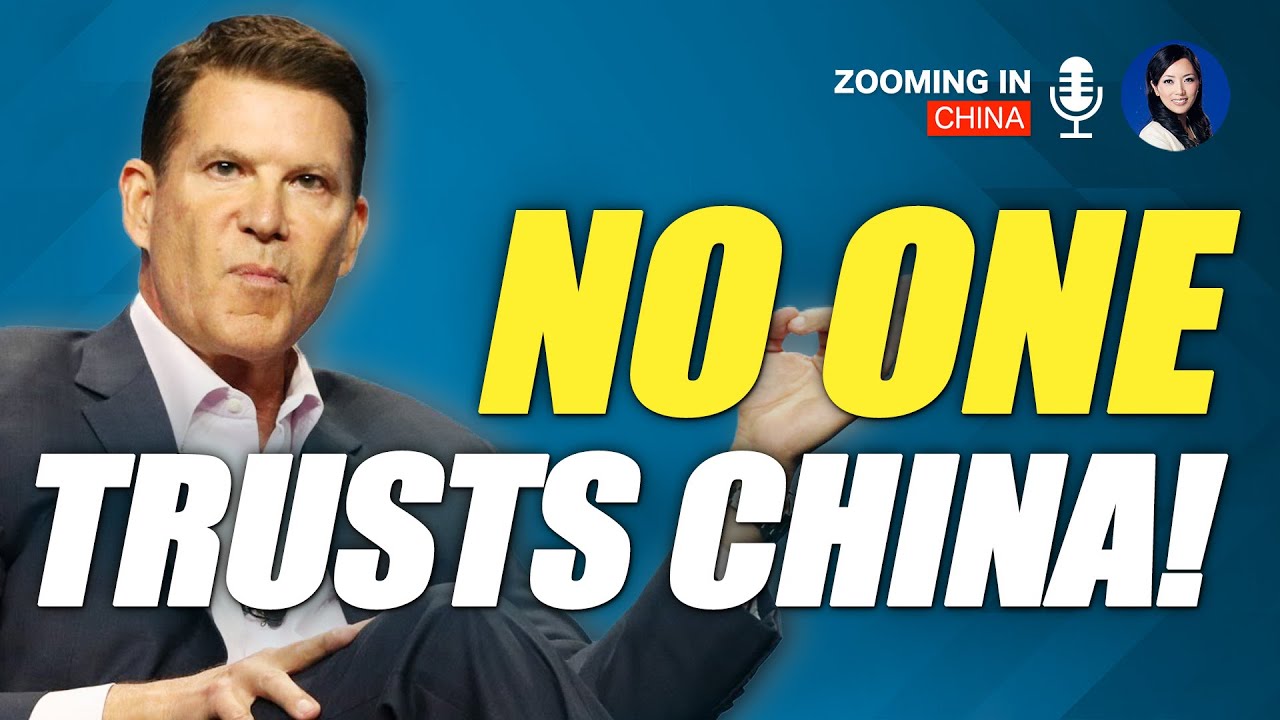Speech: Resolving the Lack of Audit Transparency in China and Hong Kong
U.S. Securities and Exchange Commission

Thank you, Ken, for that kind introduction. I am glad to be here with you today.[1] As I approach my first anniversary as the Director of the SEC’s Office of International Affairs, it is my pleasure to have this opportunity to share ideas with you on how best to carry out the goal of serving investors. Cooperation between regulators and the industry is critical to the SEC’s mission. I am impressed by the event that SIFMA has organized. The program over the last two days covers some of the most important global issues affecting the international securities industry, including cross-border regulation, crypto, sustainable finance, and, of course, China.[2]
Before I proceed, let me issue the standard disclaimer that the views I express today are my own and do not necessarily reflect the views of the Commission, the Commissioners, or other members of the Commission’s staff.
Today, I would like to focus on the recent regulatory developments related to the lack of US inspections of audits and investigations in China and Hong Kong, and the implications for continued trading of China-based issuers on US exchanges. For more than a decade, local authorities in those jurisdictions have hampered the Public Company Accounting Oversight Board’s (“PCAOB”) ability to obtain audit work papers and interview audit engagement personnel as statutorily mandated. This situation is untenable because, among other things, it exposes US investors to significant risks.
Related Posts

document
Letter from Keith Krach to Business Leaders on Xinjiang Supply Chain Business Advisory
It is critical that U.S. companies and individuals be aware of the large-scale human rights abuses perpetrated by the PRC government in Xinjiang. Businesses should evaluate their exposure to the risks that result from partnering with, investing in, and otherwise providing support to companies that operate in or are linked to Xinjiang.

video
Can China Form its Own Alliance? — Simone Gao with Keith Krach
G7 adopted the U.S.-led proposal BuildBackBetter World as an alternative to China’s Belt and Road Initiative. But can it compete with China’s investment? KeithKrach was the under secretary of state responsible for economic diplomacy during the #Trump administration. The Blue Dot network his team drafted was adopted by the Biden Administration and is now the Build Back Better World initiative. This Silicon Valley veteran has a good track record of defeating China’s economic aggression, particularly Huawei’s ambition to take over the global 5G communications.